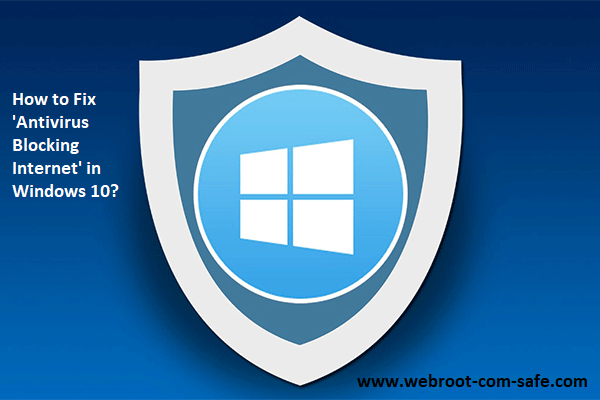Understanding Chrome OS: Features and Criticism
Chrome OS is the operating system that runs on a cloud model which means that web-based applications are floating and interconnected via the internet, which speeds up processes for the computer system. However, there are both good and bad aspects of this system, which raises questions about the rationale behind Chrome OS operating in current conditions in programming, as well as the realm of internet and computer usage. www.webroot.com/safe

The definition of Chrome OS
Chrome OS, Google's operating system for netbooks. It is made to integrate with web-based applications. Google OS's Interface that comes with it is minimalist. Google OS is minimalistic, similar to that of the Chrome browser. The only app that runs in it is media players, but the majority of applications are accessible via the internet. The OS is designed for those who spend the majority of their time on the web.
Chromoting
Chromoting is a feature which is supposed to connect Chrome as well as Windows. Companies have come to appreciate the features of Google like Docs, Gmail, Buzz, Voice etc. that will be a perfect fit for the OS. Because of its Cloud being a cloud-based system it is likely that it is likely that the Google OS would be difficult to introduce to companies who invest in Windows software and applications that are based on Windows. Chromoting is the combination of the terms chrome and remote. This is a fantastic platform for running modern applications as well as access old applications from the browser of the PC.
Unlikely Solutions
The above-mentioned features aren't supported by any evidence. There are no concrete proofs to now and involves the creation of a remote desktop that is backed by an Windows built-in system. Another option is accessing via a cloud-based Windows software to ensure that Chrome OS users Chrome OS can run legacy software on Windows. webroot.com/secure
Both options are not efficient and practical. There isn't any convincing reason for companies to move into an OS that is dependent on the ability to keep an existing Windows running PC connected to the internet.
A more secure option is to use a hosted web solution. In this scenario, Google or some other third party would provide the internet-connected platform for Windows and the application, instead of users having to pay for both maintenance. There may be licensing issues when sharing Windows apps on the internet via cloud computing.
Criticism
- Chrome OS running on notebooks is not a replacement for the Windows OS since the latter can run heavy-resource applications, such as Adobe applications.
- PC World has stated that majority of the functions included in Chrome OS can be done without an operating system. Internet books have already caught the attention of internet-savvy users, and it's not a huge deal that this OS could actually accomplish more of what's being accomplished already.
- If Google OS is to be considered a serious contender as a viable alternative to the current Windows OS It should be able to stand and working independently without relying on integration with Windows to provide a productive work environment.
If Chrome OS can truly impact an alteration as a stand-alone operating system it can be viewed as a legitimate option for commercial purposes. www.webroot.com/secure

